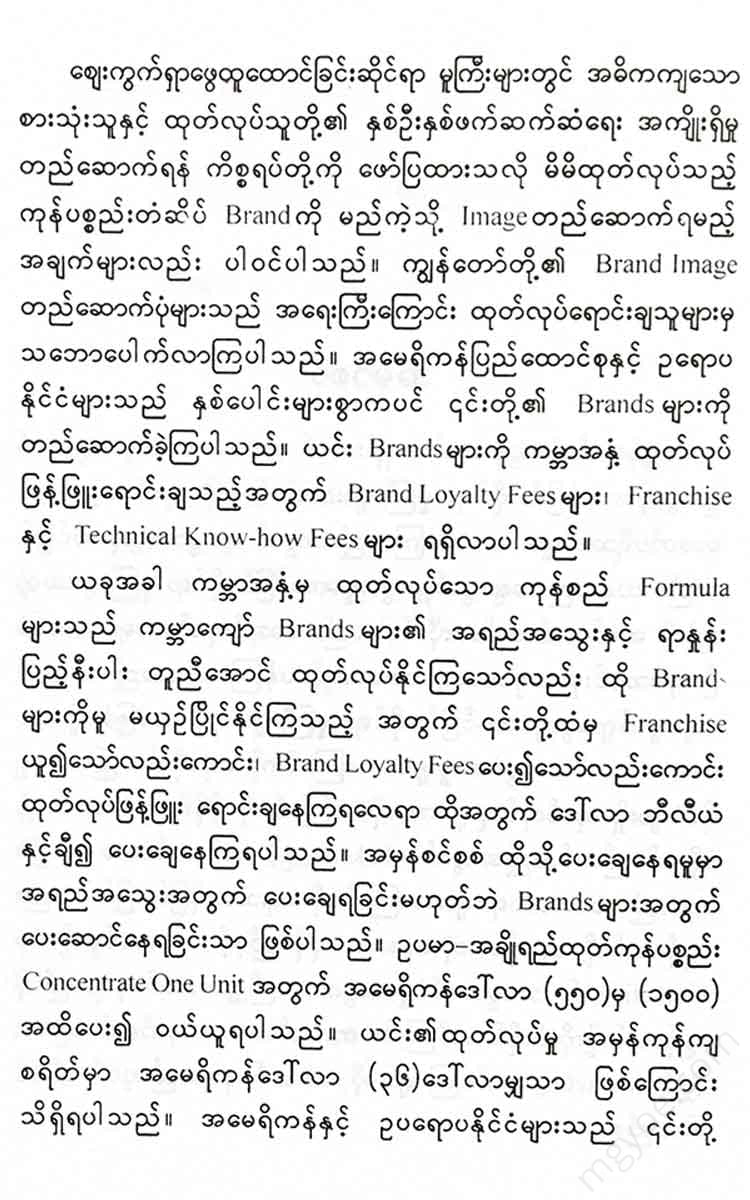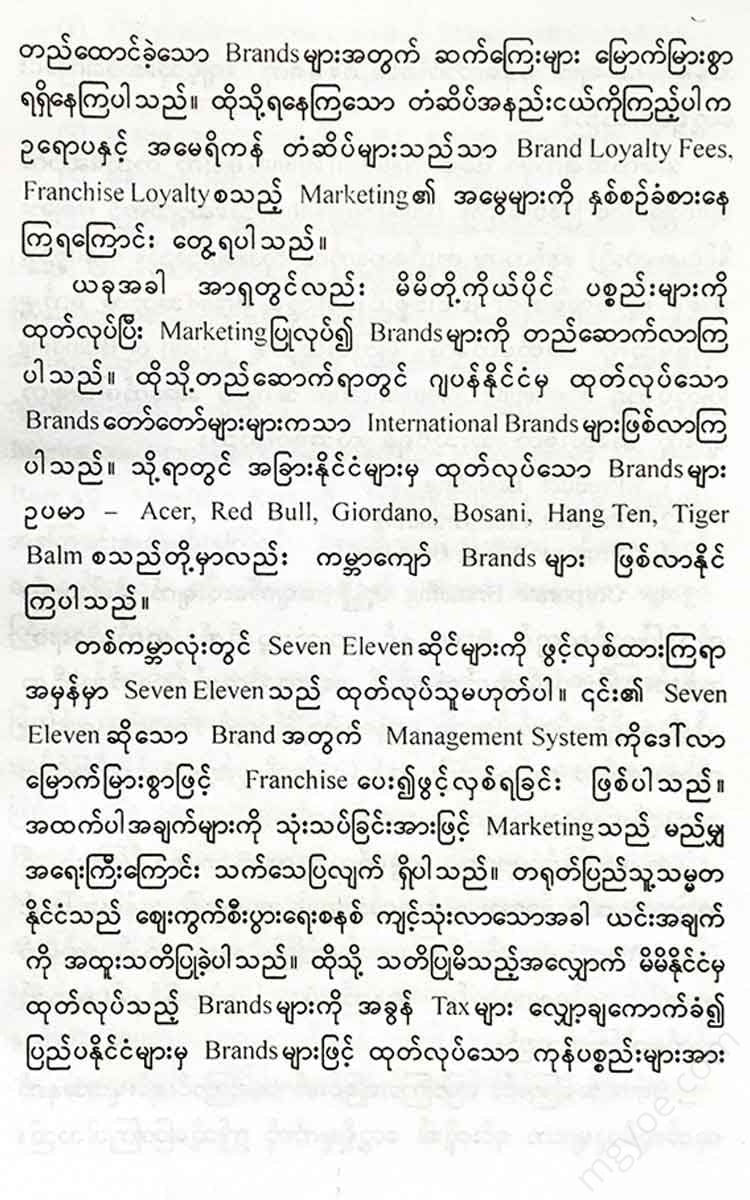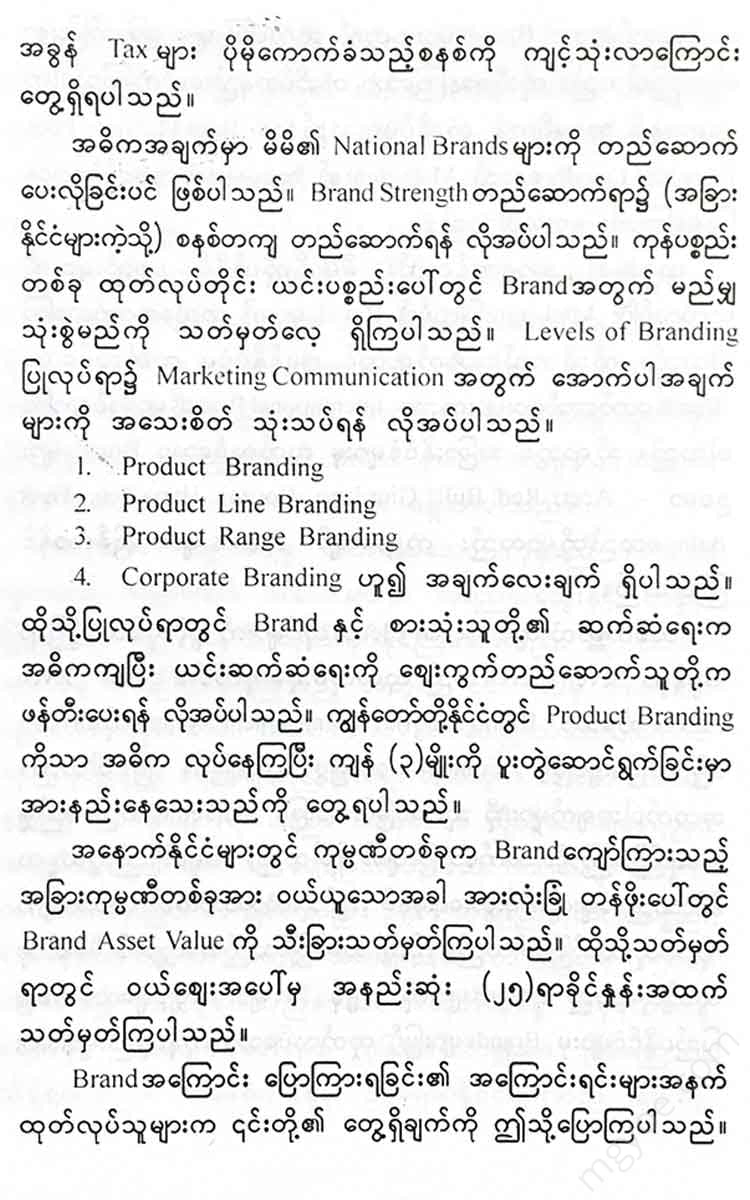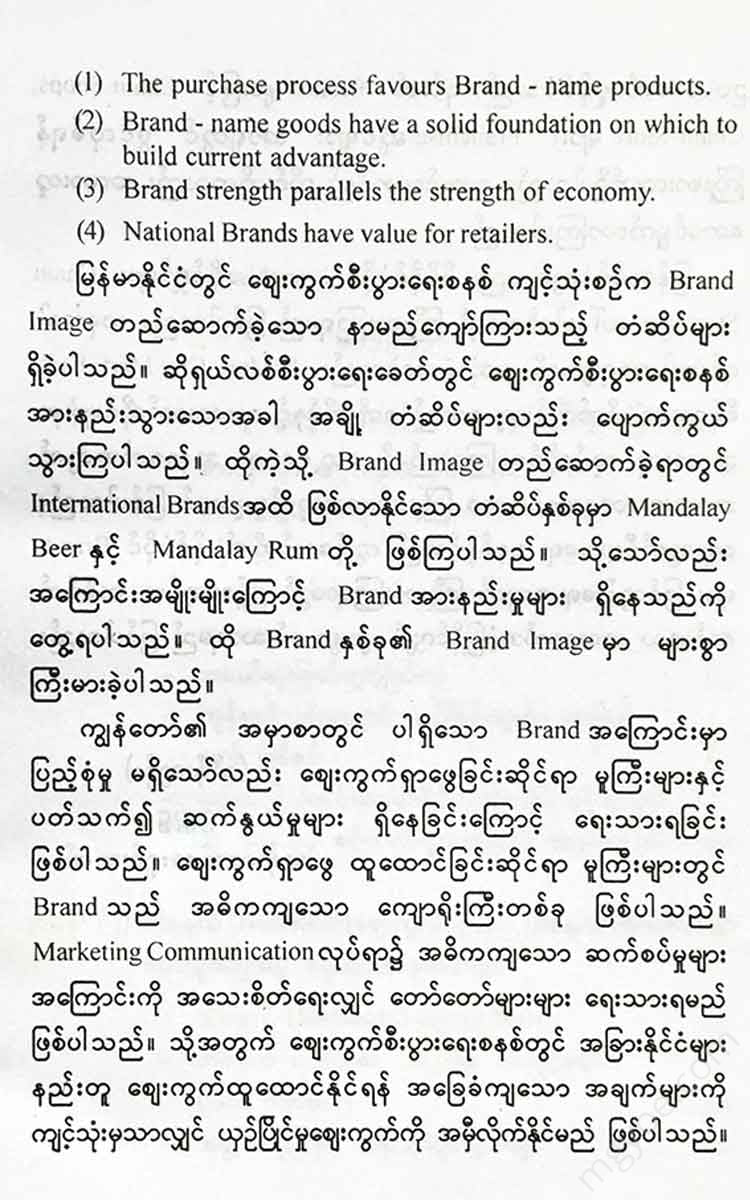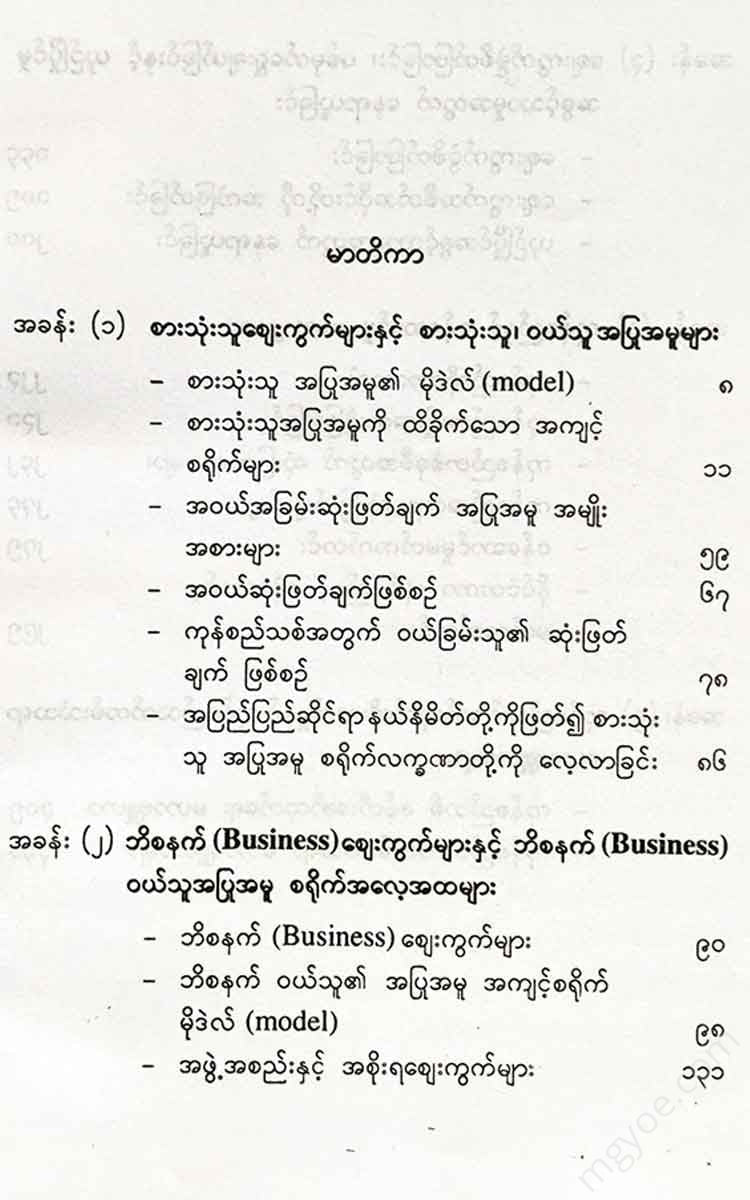Other Websites
Maung Kispa - The Basics of Marketing (Volume 2)
Maung Kispa - The Basics of Marketing (Volume 2)
Couldn't load pickup availability
Brand loyalty, like Harley-Davidson’s, is a bit of a stretch. “The Harley fan base is rock solid,” says the vice president of sales at Harley-Davidson, a rival. The Harley fan base doesn’t get tattooed. But more than 400,000 Harley-Davidson riders descend on Daytona Beach, Florida, for the annual Harley-Davidson Bike Week. Bikers from all over the country bring their Harley accessories and wear Harley T-shirts. “I’ll ride a Harley instead of a Honda,” they say. With that kind of excitement and excitement, Harley-Davidson has taken the lead in the fast-growing heavy-duty motorcycle market. Harley's "Hogs" account for a fifth of the U.S. motorcycle market and more than half of the heavyweight motorcycle parts market. Parts and Harley sales are growing rapidly.
In fact, after years of hard work, sales have outpaced supply. Customers have been placing orders for new models for three years. In addition, street prices are higher than the company's quoted prices. Even if you buy a Harley motorcycle from a dealership and resell it elsewhere, you can make a profit. Harley-Davidson shares were sold in 1986, and they were worth 7,100 percent more than their face value.
Harley-Davidson marketers spend a lot of time thinking about customers and their behavior. They ask questions like who their customers are, what they think, how they feel, why they buy a Harley and not a Suzuki, Honda, or Yamaha, and why Harley buyers are so fiercely loyal to Harley. These questions are difficult to answer, even for Harley owners. They don’t know exactly why they buy a Harley. But Harley management is focused on understanding customers and why they buy a Harley.
Who rides Harleys? It's surprising that it's not the Hell's Angels. The tough, leather-jacketed, motorcycle-riding, street-legal rebels used to be Harley's core audience. But motorcycles have created a new breed of rider. They're older, wealthier, and more educated. Now Harleys are more appealing to "rubbies" (rich urban bikers). Harleys appeal more to urban bikers than to rebels. The average Harley customer is 43 years old and has a household income of $66,400. Harley's big, luxurious cruisers are easy to ride. They're classy. They can be turned with a twist of the wrist. They're cheap.
Harley-Davidson makes great motorcycles. It adapts to the changing market. The company has improved its showrooms. It has also adjusted its sales methods. But Harley customers want more than just a quality motorcycle. It wants more than a sales pitch. To understand the deeper motivations of its customers, Harley conducts focus groups. Riders are invited to these focus groups and are asked to share their thoughts and feelings about Harley-Davidson through visuals and diagrams. Harley then mails out a survey of about 16,000 people. The questionnaires include questions about psychology, sociology, and demographics. They also include emotional questions like, “Is Harley a role model for the public because of the bear or the lion?” When various researches were conducted, they found eight types of customers: (1) adventurers, (2) traditionalists, (3) quick-witted pragmatists, (4) fashionistas, (5) travelers, (6) capitalists, (7) cool-headed soloists, and (8) cockfighters. However, they all liked Harley for the same basic reason. According to one Harley manager, Harley is attracted to her independence, freedom, and strength. These reasons are the universal appeal of Harley.
What this study shows is that Harley buyers are buying more than just a motorcycle. They are buying a lifestyle statement. They are expressing an opinion. As one analyst put it, “Owning a Harley makes you the coolest, coolest guy in the neighborhood.” You could be a dentist. You could be an accountant. But a motorcycle gives you a special kind of power. When you ride a Harley, you change your mindset. It’s like declaring your independence. Starting a Harley is more than just starting an engine. The sound of the engine sparks your imagination. Selling a Harley is selling a dream. Buying a Harley is removing the barrier to meeting people. You are free to express yourself in your own space.
The idea of “high-end style, guttural sound and Harley” all contribute to the magic of Harley. Owning this “American legend” gives you a sense of grandeur. It makes you feel like you’re part of the Harley family. The fact that you have to wait to buy a Harley is more satisfying than actually getting one. In fact, the company deliberately limits production. “Our goal is to produce one less motorcycle than we need,” says Harley-Davidson’s general manager.
This kind of strong emotion and motivation can be found in a recent Harley commercial.
The ad shows a close-up of an arm, with a Harley-Davidson logo inked on the muscle. It asks, “When was the last time you felt the strongest about anything?” The ad describes the problem and suggests a solution.
When you wake up in the morning, life is in motion. Use what you have to get you where you want to go. What was once exciting has now become a dull routine. That's how it starts to feel. The exception is when you have a Harley Davidson. Something seems to have jolted your attention. A thunderous roar comes.
It refuses to be part of the backdrop. Suddenly, things are different. They are clearer. They are more realistic. It is all going to be the same all the way. The feeling is personal. For some, owning a Harley is a sign of individuality. For others, owning a Harley feels like part of a family heirloom. Born in a Milwaukee warehouse in 1903, it is the most attractive consumer market. The global consumer market has 6 billion people. At this rate, the world population will reach 8 billion by 2025.
Consumers around the world vary greatly in age, income, education level, and taste. They buy an incredible variety of goods and services. How these consumers connect with each other, with their surroundings, and with the world around them has an impact on the choices they make between different goods, services, and companies. We now examine some of the interesting factors that can influence consumer behavior.



